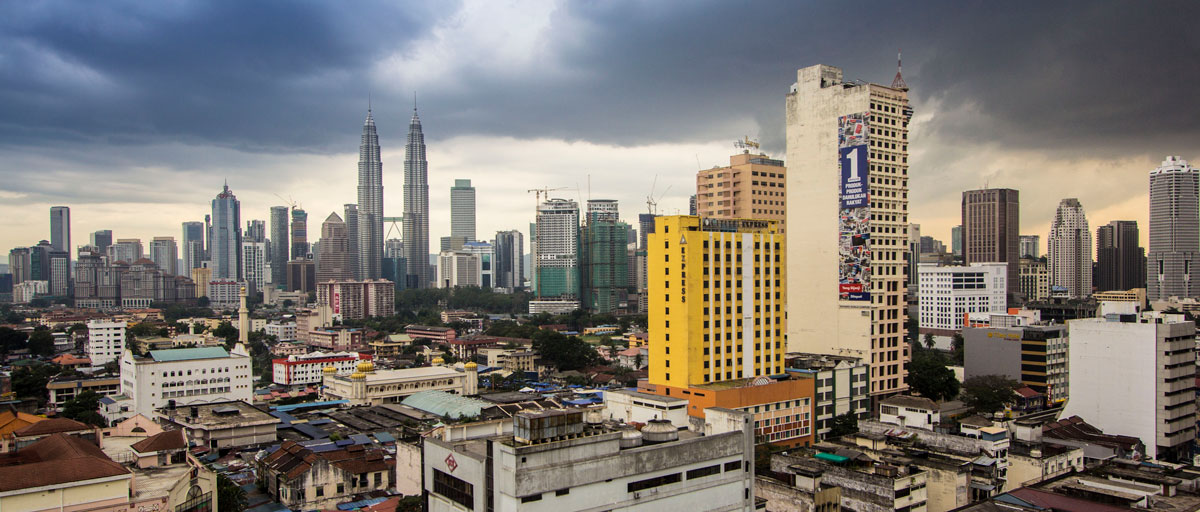Sustainability and resilience for transformation in the urban century
Summary
We have entered the urban century and addressing a broad suite of sustainability challenges in urban areas is increasingly key for our chances to transform the entire planet towards sustainability. For example, cities are responsible for 70% of global greenhouse gas emissions and, at the same time, 90% of urban areas are situated on coastlines, making the majority of the world’s population increasingly vulnerable to climate change. While urbanization accelerates, meeting the challenges will require unprecedented transformative solutions for sustainability with a careful consideration of resilience in their implementation. However, global and local policy processes often use vague or narrow definitions of the concepts of ‘urban sustainability’ and ‘urban resilience’, leading to deep confusion, particularly in instances when the two are used interchangeably. Confusion and vagueness slow down needed transformation processes, since resilience can be undesirable and many sustainability goals contrast, or even challenge efforts to improve resilience. Here, we propose a new framework that resolves current contradictions and tensions; a framework that we believe will significantly help urban policy and implementation processes in addressing new challenges and contributing to global sustainability in the urban century.







